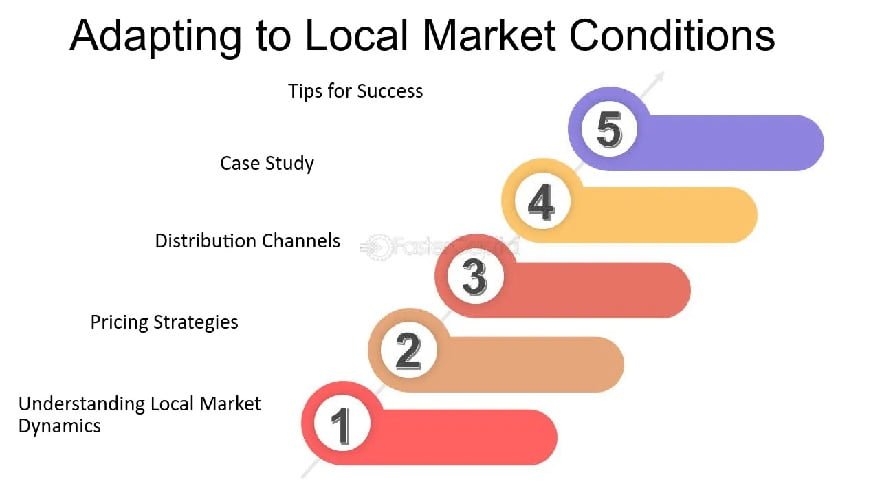Introduction
Choosing your Microsoft Dynamics implementation partner is crucial and can significantly impact your company’s operations. The ideal partner will guarantee a smooth and effective implementation and offer continuing assistance to help you get the most out of your ERP system. To help you make an informed and wise decision, we will examine the key elements you should consider in this post when selecting a Microsoft Dynamics partner for your company.
Technical Expertise and Certifications
One of the most important factors to consider when selecting a Microsoft Dynamics partner is their technical expertise and certifications. A partner with extensive technical knowledge and certified professionals can ensure a smooth and effective implementation. Look for partners with certifications, such as Microsoft Gold Partner status, which indicates a high level of competence and experience with Microsoft Dynamics solutions.
Moreover, assessing the partner’s familiarity with different Microsoft Dynamics modules is crucial. Each module addresses business functions like finance, customer relationships, and supply chain management. A partner with a deep understanding of these modules can tailor the solution to meet your business needs accurately.
Industry Experience
Industry experience is another crucial aspect to consider. A partner with experience in your specific industry will better understand the unique challenges and requirements you face. This knowledge allows them to provide more relevant solutions and insights, ensuring the implementation aligns with industry standards and best practices.
For example, if you operate in the manufacturing sector, a partner with a track record of successful ERP implementations for manufacturing companies will likely be more adept at addressing your specific needs. They will understand the intricacies of production planning, inventory management, and supply chain logistics, enabling them to provide a solution that optimizes your operations.
Robust Customer Support
Adequate customer support is vital for the success of your Microsoft Dynamics implementation. A partner offering robust support services will promptly assist you with any issues or challenges. This support should extend beyond the initial implementation phase to include ongoing maintenance, updates, and troubleshooting.
Consider partners that offer comprehensive support packages, including 24/7 helplines, dedicated account managers, and regular system health checks. These services ensure potential issues are quickly identified and resolved, minimizing disruption to your business operations.
A Cohesive Implementation Journey
The journey from consultation to post-implementation support should be cohesive and well-structured. The right partner will guide you through each stage, ensuring a smooth transition and successful integration of Microsoft Dynamics into your business processes. This journey typically includes:
- Consultation: Understanding your business needs and goals and assessing how Microsoft Dynamics can address them.
- Planning: Developing a detailed implementation plan with clear timelines and milestones.
- Implementation: Deploying the Microsoft Dynamics solution, including customization and data migration.
- Training: Provide comprehensive training to ensure your team can use the new system effectively.
- Post-Implementation Support: Offering ongoing support to address issues and make necessary updates.
A partner that excels at providing a cohesive implementation journey will minimize disruptions and ensure you can quickly start reaping the benefits of Microsoft Dynamics.
Effective Communication and Understanding
A thorough grasp of your business requirements and efficient communication is essential when choosing the best Microsoft Dynamics partner. The partner must comprehensively comprehend your company’s objectives, difficulties, and business procedures. Thanks to this understanding, they can provide the solution to open and transparent communication throughout the implementation process, guaranteeing that all parties agree. Regular updates, progress reports, and feedback sessions are essential for addressing concerns and making necessary adjustments. A partner that prioritizes communication will build a solid collaborative relationship, leading to a more successful implementation.
Evaluating Potential Partners
Thoroughly evaluating potential partners is essential to making an informed decision. Consider the following steps when assessing partners:
- Client Testimonials: Examine case studies and client endorsements to determine the partner’s track record and level of client satisfaction. Positive feedback from previous clients indicates reliability and competence.
- Case Studies: Case studies offer in-depth perceptions of the partner’s methodology for various projects. Look for case studies that are relevant to your industry and business size.
- Certifications: Verify the partner’s certifications and partnerships with Microsoft. Certified partners are more likely to have the necessary expertise and resources.
- Experience: Evaluate the partner’s expertise in your industry and similar projects. Experienced partners can provide more tailored solutions and anticipate potential challenges.
- Support Services: Assess the partner’s support services to ensure they offer your assistance. Robust support is crucial for addressing issues and keeping your system running smoothly.
In-depth investigation and assessment can facilitate finding partners who share your business needs and objectives.
Conclusion
Choosing the right Microsoft Dynamics partner is vital for the success of your ERP implementation. You can make an informed decision that fits your business needs by considering technical proficiency, industry experience, customer support, and effective communication. A carefully chosen partner will guarantee a smooth implementation and offer continuing assistance to help you maximize your investment. If you take the time to consider potential partners carefully, you should have no trouble implementing an ERP system that will revolutionize your company. It is also essential to evaluate a partner’s track record with similar businesses and ensure they have a proven history of successful ERP implementations. Assessing their ability to customize solutions based on your industry’s unique challenges can be a crucial differentiator in finding the right fit. Lastly, consider their post-implementation services, such as training and system updates, essential for long-term success and adaptability as your business evolves.



